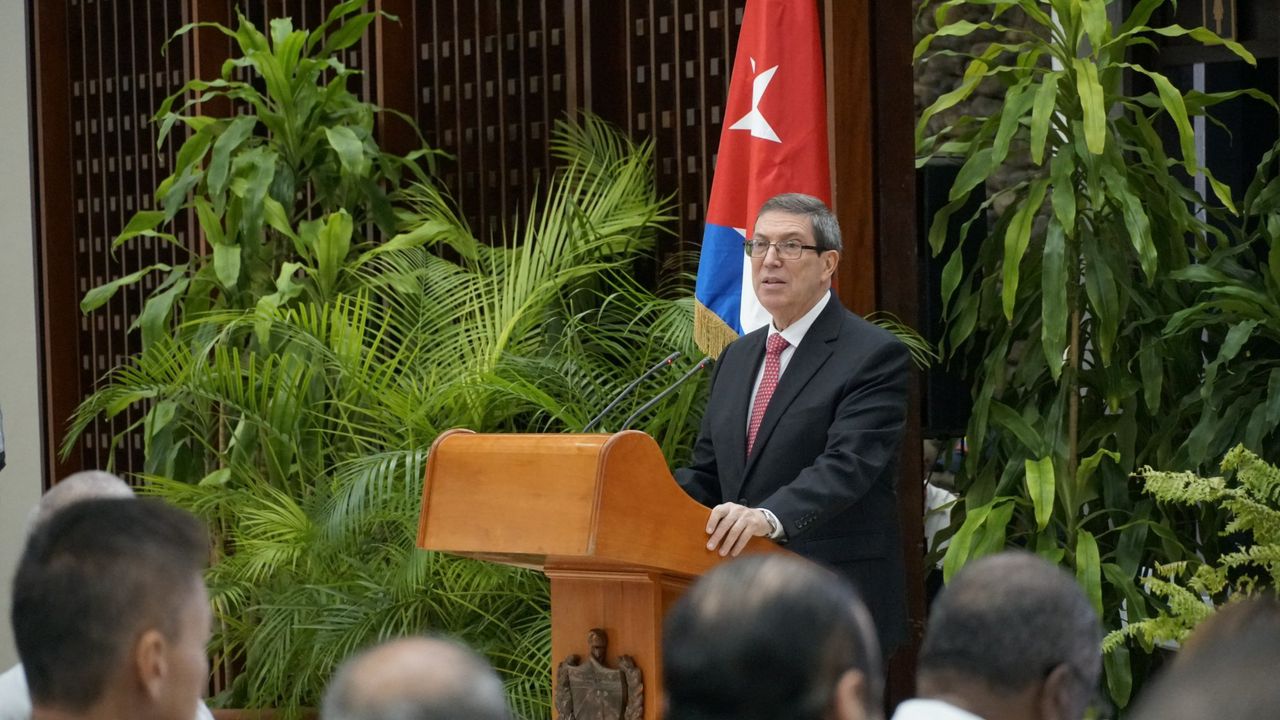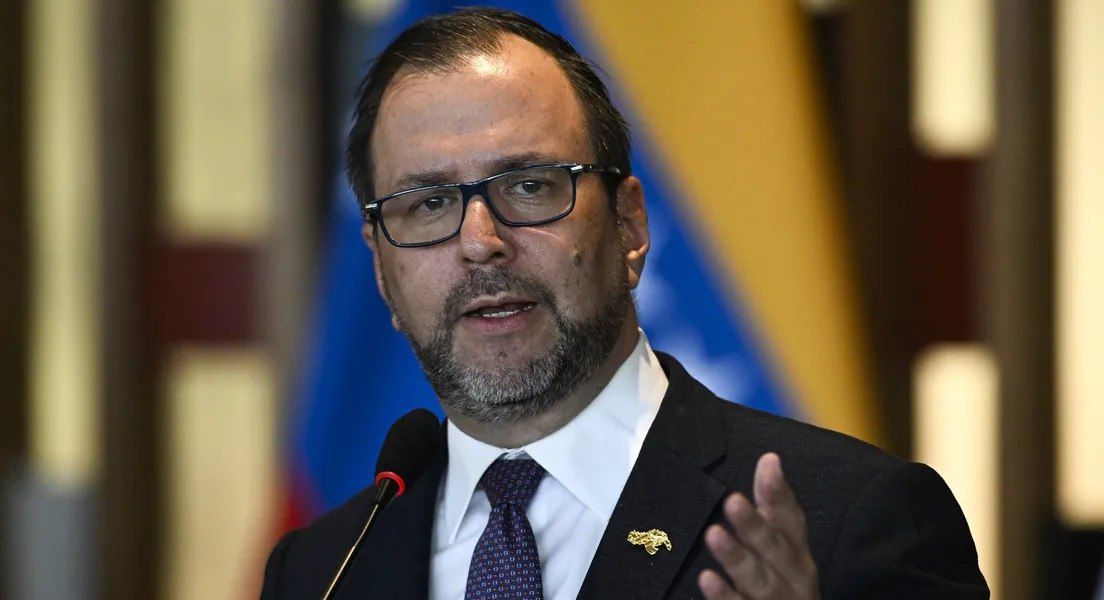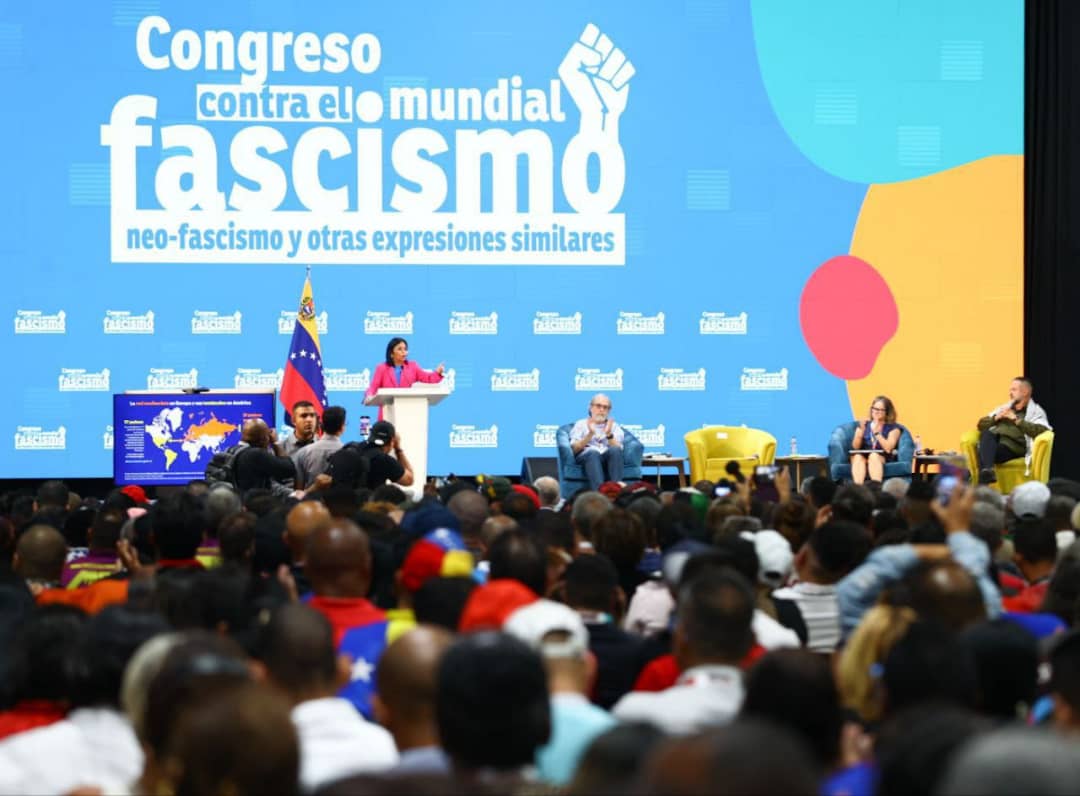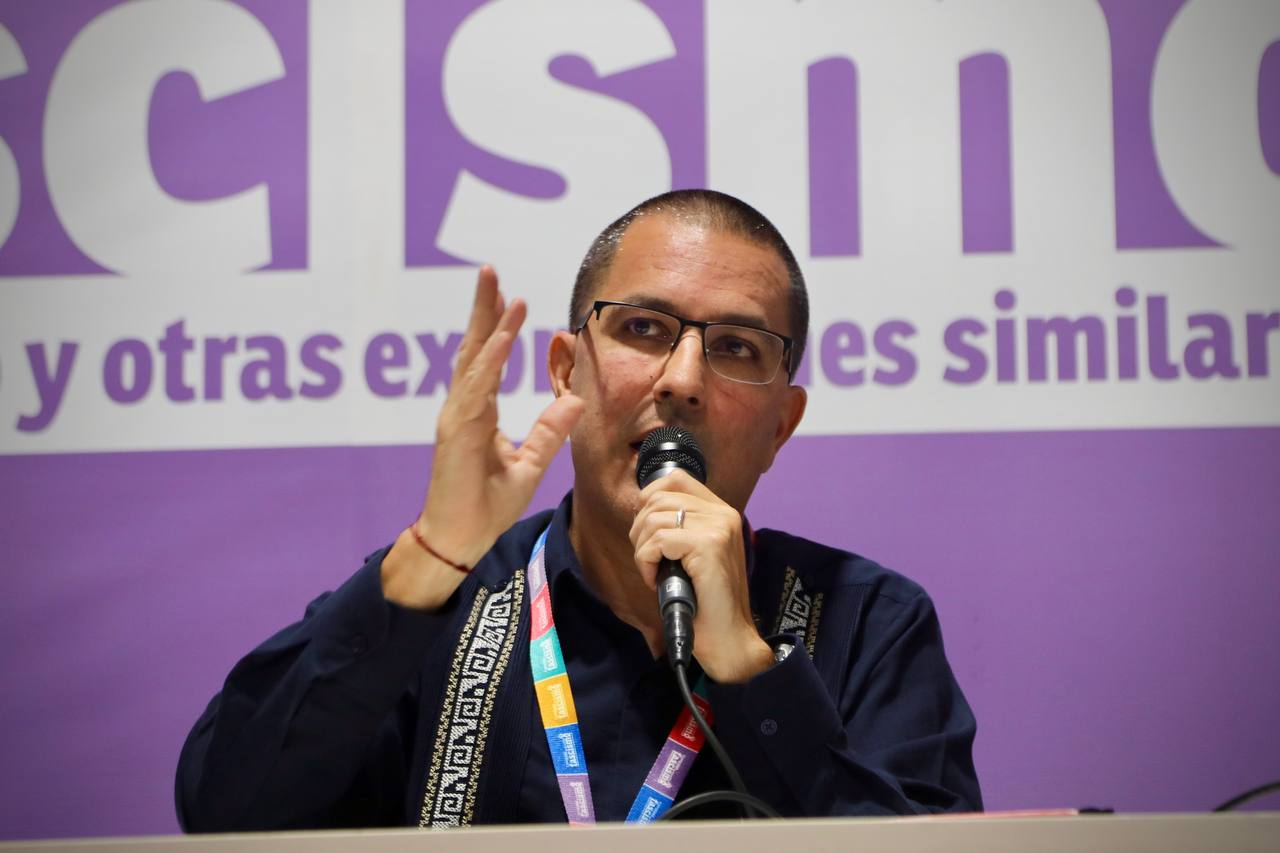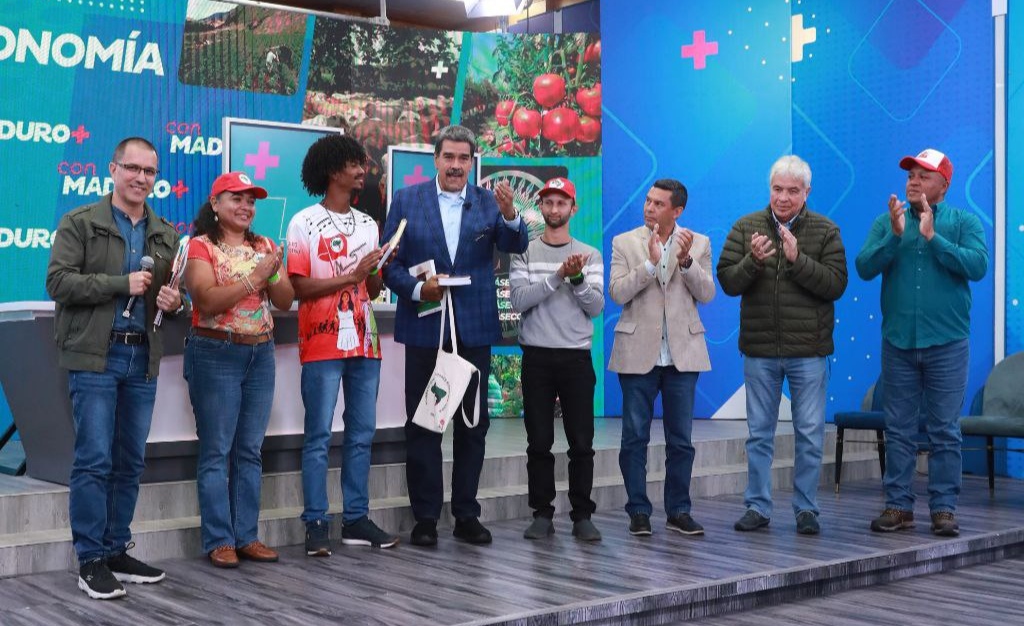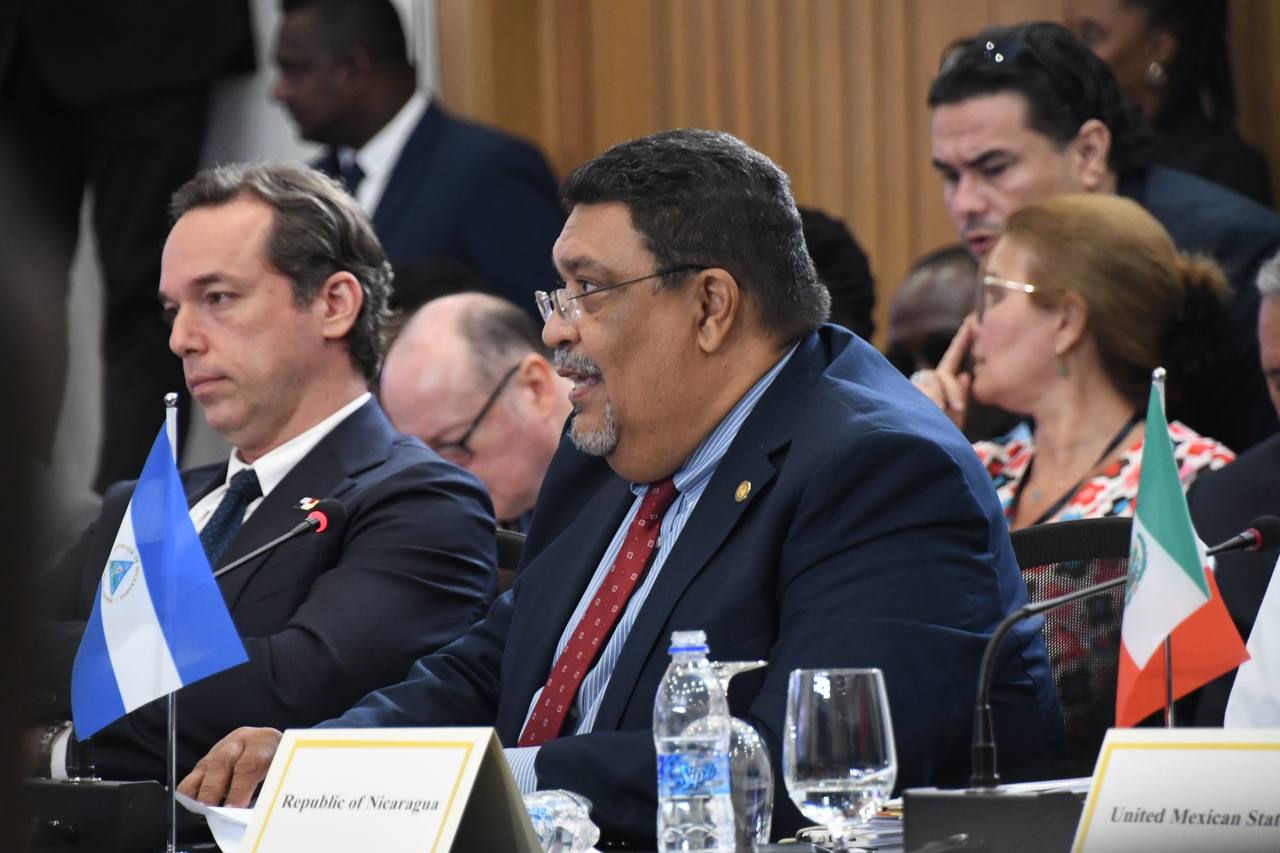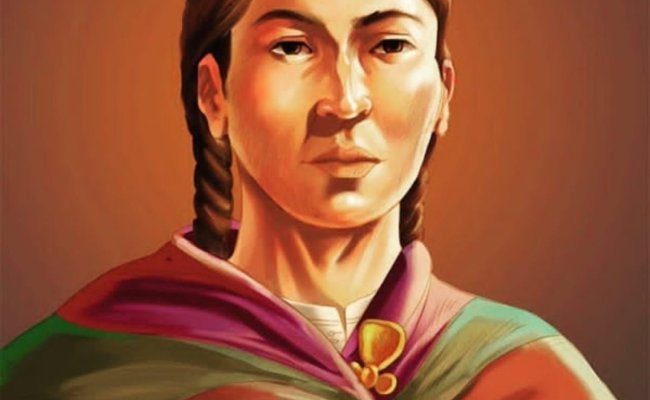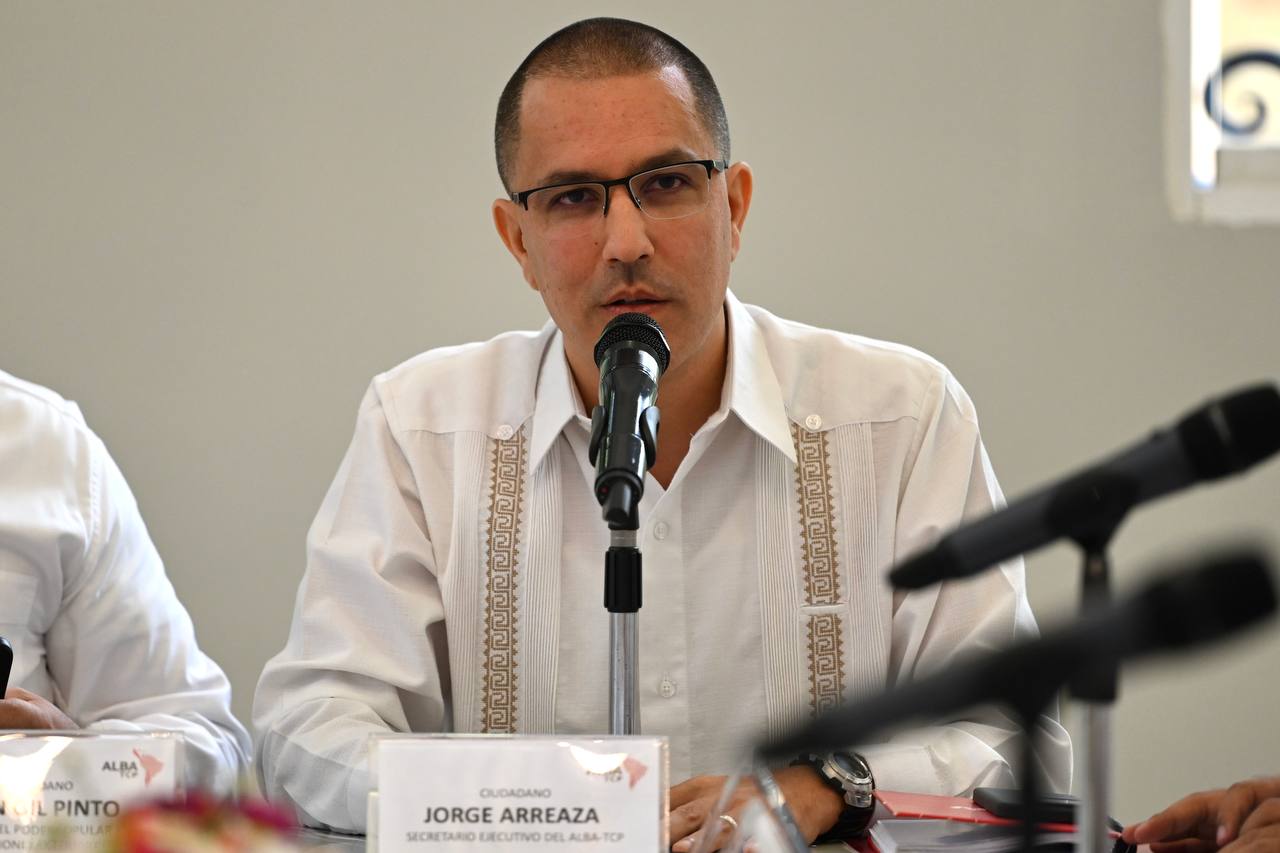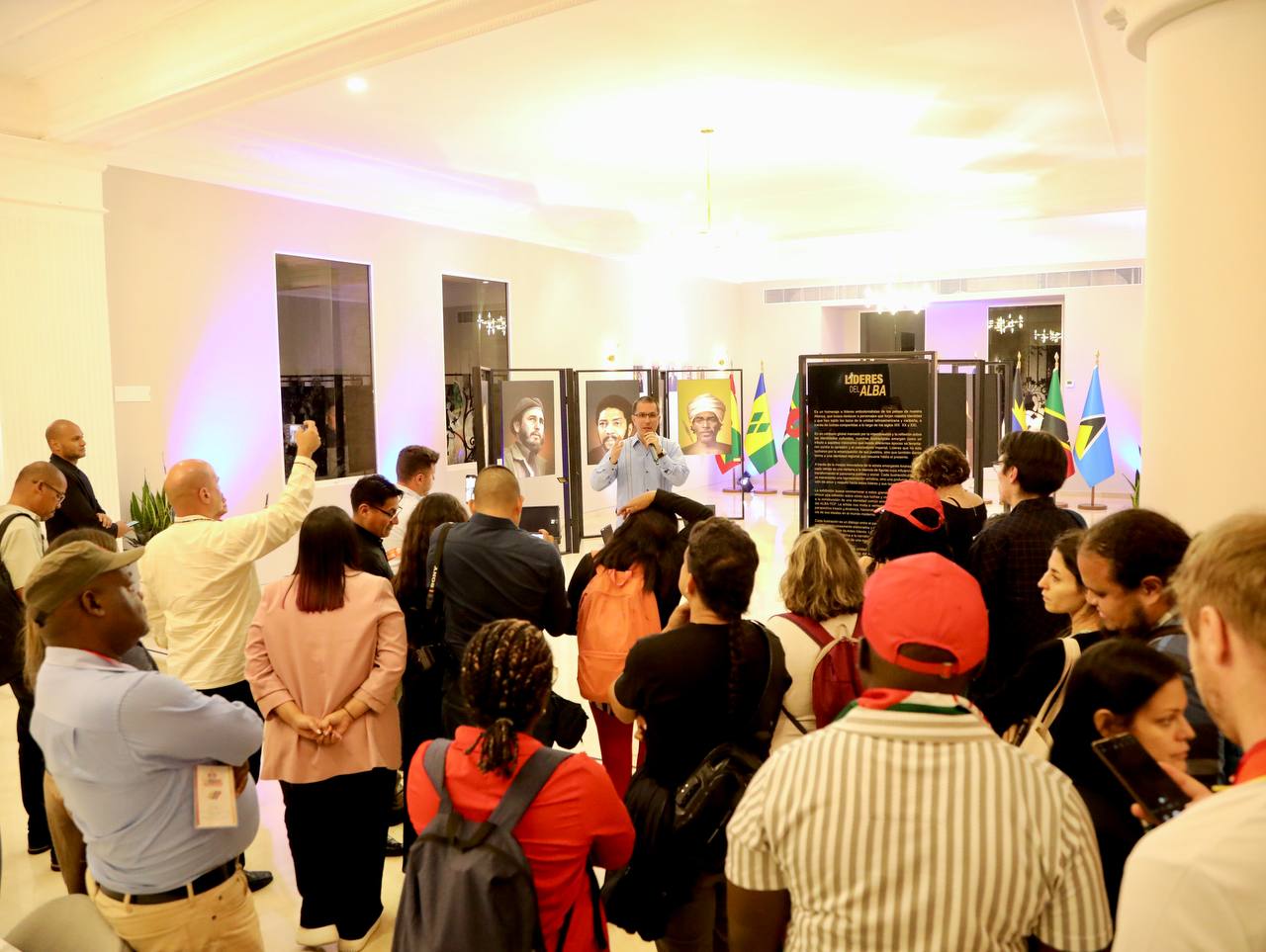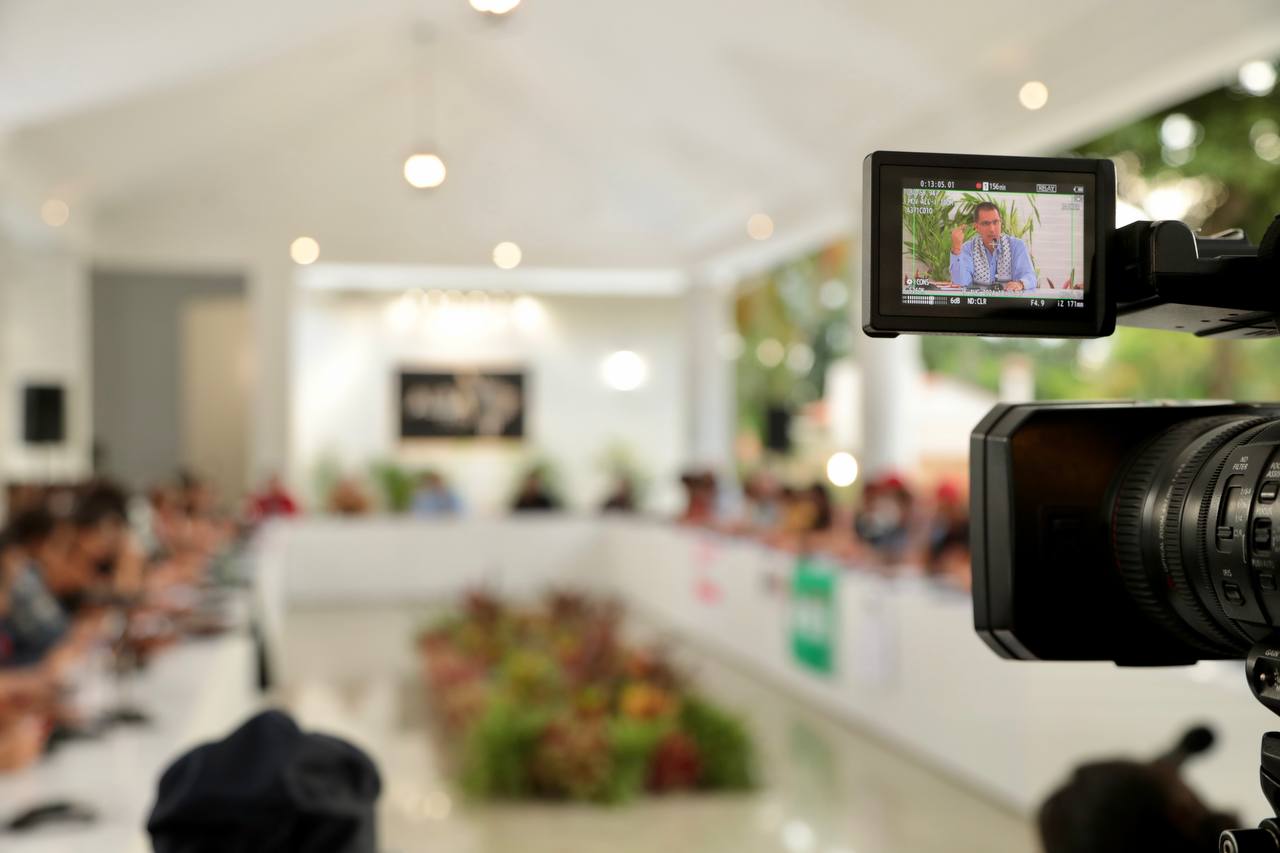In six decades, at current prices, Washington’s blockade has caused damages amounting to 164,141 billion dollars.
Between March 2023 and February 2024, the economic, commercial, and financial blockade imposed by the United States (U.S.) against Cuba caused damages of around 5,056.8 billion dollars, significantly affecting all areas of the socio-productive life of the largest island in the Antilles.
During the public presentation of the Cuban government’s report on the damages caused by this criminal policy of suffocation, Cuban Foreign Minister Bruno Rodríguez Parrilla stated that the blockade has direct negative impacts on the procurement of food, medicine, fuel, electricity generation, transportation, and other basic services. He urged President Joe Biden to immediately stop these restrictions.
He stressed that the regulations have an intimidating effect on third countries with which Cuba has economic and commercial relations. He emphasized that the extreme tightening of the blockade since 2019 has had a devastating effect on an economy as small as Cuba’s, which is also suffering from efficiency problems linked to structural causes.
“The difficulties of Cuban society are not exclusively due to the blockade (…) but I affirm that the fundamental cause of the difficulties faced by households in Cuba, by families, individuals, and the Cuban economy, is the blockade,” the Head of Cuban diplomacy expressed.
He specified that the blockade causes damages of around 421 million dollars every month, and 14 million dollars every 24 hours.
In six decades, at current prices, Washington’s blockade has caused damages amounting to 164,141 billion dollars. Based on the current gold price and taking into account the current depreciation of the dollar, these damages amount to 1,499 trillion dollars, he said.
He stated that if the blockade did not exist, Cuba’s GDP at current prices would have grown by at least 8 percent in 2023.
Rodríguez Parrilla also provided specific examples of the blockade’s impact on the daily life of the Cuban people. He mentioned that Cuba needs around 339 million dollars to cover the basic supply of medicines and care for its population.
He explained that this amount is equivalent to 25 days of the blockade. If the U.S. lifted the blockade for 25 days, for humanitarian reasons, Cuba would not face the current difficulties in guaranteeing these medicines, which are often essential for treating chronic illnesses or saving lives, he emphasized.
He specified that 18 days of the blockade (250 million dollars) represent the annual cost of maintaining the national power grid, which has caused frequent service outages and frustration among the population.
He detailed that the cost of the family food basket for one year, which the country has been unable to fully cover in recent months, is 1,6 billion dollars. If the blockade were lifted for four months, Cuba could ensure the basic food basket for every family.
He affirmed that seven months without the blockade would be enough to secure 2.9 billion dollars and purchase all the buses Cuba needs for public transportation.
He added that around 3.9 billion dollars (nine months of the blockade) are needed to address the most critical housing needs of the Cuban population.
He explained that, like other countries in the Global South, the Cuban economy is facing global inflation and other challenges, but what is unique is that the U.S. has designed a policy to wage economic warfare on Cuba, which has a highly negative impact on its social policies.
He recalled that the intensification of the blockade became evident with the imposition of more than 240 restrictive measures starting in the second half of 2019. These were approved by former President Donald Trump and aimed at destabilizing Cuba.
He denounced that the U.S. tightened the blockade during the COVID-19 pandemic, referring direct pressure from the White House on at least two Latin American countries to prevent them from selling ventilators to Cuba.
He asserted that currently, the restricted and exceptional food sales by private U.S. companies to Cuba violate all international trade and transportation regulations. He explained that these sales are discriminatory and selective, requiring full payment in advance, prohibiting credits (even private ones), and forbidding the transportation of these goods on Cuban or foreign ships. Additionally, they require licenses from the U.S. government. This and more contradict the claim that the U.S. is a trading partner of Cuba, the Cuban Foreign Minister stated.
He questioned why the U.S. keeps Cuba on the list of State sponsors of terrorism when Cuba has been a victim of State terrorism planned in the U.S. He affirmed that there were never any reasons to include Cuba on that list.
Between January 2021 and February 2024, 1,064 instances of service denial by financial entities were reported, including transfers to pay for essential food items, such as wheat or rice, or necessary products like fuel, all due to Cuba’s inclusion on that spurious list.
He pointed out that, despite making enormous efforts, the Cuban government has deposited funds in foreign banks, but these banks have been unable to complete payment transactions to suppliers. This directly affects the purchase of food, medicine, fuel, and other essential goods, he stressed.
He noted that damages to the tourism industry, considered the driving force of the Cuban economy, amounted to 2.5 billion dollars. He stated that the measures adopted by the White House harm the private sector of the Cuban economy. He highlighted that U.S. citizens are prohibited from traveling to Cuba and that the U.S. recently took an intimidating measure against 300,000 European citizens who had traveled to Cuba, by revoking their ESTA visas.
He announced that on September 29 and 30, the United Nations General Assembly will examine the Cuban government’s report on the damages caused by the U.S. blockade. He expressed confidence that the international community will once again call for Washington to end its blockade policy, which is considered the main and most flagrant violation of the human rights of the Cuban people.
MinREX Cuba
